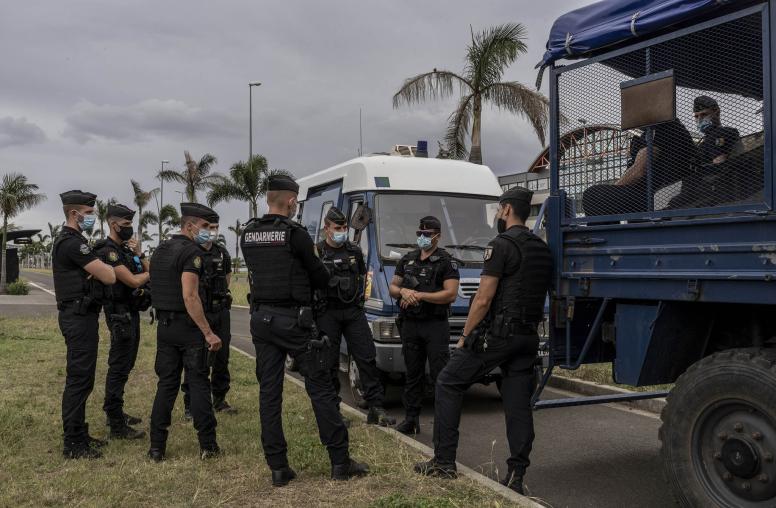Where are the Protests and Crackdowns in Central Asia Coming From?
Why the Usually Calm Region is Seeing a Wave of Unrest
This year has seen an unusual wave of protests in typically calm and stable Central Asia states. In January, Kazakhstan erupted in widespread violence. And in recent weeks, both Tajikistan and Uzbekistan have seen popular protests in formally autonomous regions of their countries, surprising observers and prompting governments to cut off internet access and prevent outside media from covering the story. This spate of incidents appears to stem from regional leaders’ failure to anticipate popular reactions to policy changes — a string of “unforced errors” by Central Asian governments, followed by harsh overreactions in putting them down.
On July 21, USIP and the Oxus Society for Central Asian Affairs hosted a conversation that attempted to pierce the veil of secrecy around some of these recent events in Central Asia. A panel of scholars discussed how they view these protests and tried to understand more broadly why governments in the region are suddenly struggling to keep things under control.
Take part in the conversation on Twitter using #USIPCentralAsia.
Speakers
Assel Tutumlu
Associate Professor, Near East University
Suzanne Levi-Sanchez
Non-Resident Fellow, School of International Service, American University
Ivan U. K. Klyszcz
Doctoral Candidate, University of Tartu
Gavin Helf, moderator
Senior Expert, Central Asia, U.S. Institute of Peace


